Should you be Stretching your Tight Shoulders?
Hi guys, it is Erienne with Peak Endurance physical therapy. I want to talk to you guys about shoulder mobility versus shoulder stability.
It’s not uncommon for someone to come, see me, and say, “My shoulder is kind of tight, locked up, painful and doesn’t have a lot of range of motion. I’ve been stretching a ton, but I don’t think I’m doing the right stretches, because it’s not getting any better.”
Something to know about the shoulder is that it is the most mobile joint in our body. It can move a ton of different directions. With that structural mobility, we sacrifice structural stability. That means shoulder muscles need to be extra strong, and work extra hard in order to give us that stability.
When people feel like their shoulders are tight, blocked, or a little bit pinchy, at the end range of motion, it might not be a mobility issue at all. It might actually be that our shoulders’ stabilizer muscles are just not strong enough or not coordinated enough, or just not working properly. That can cause those mechanics to be a little bit off and may make you feel like you’re blocked or tight at the end range of motion.
If that is the case, you can stretch all you want and mobilize without seeing any improvement. My suggestion: try adding a little bit of stability exercises into your shoulder repertoire.
One way to do this is with a kettlebell. Because a kettlebell is an odd shaped object (versus a dumbbell or different weights) it automatically requires a little bit more of your stabilizers to kick in in order to maneuver it. Try doing upside down kettlebell carries either at shoulder height or you can go all the way overhead (if that feels okay for you). To take it a little bit further, you can add some pressing with that upside down kettlebell.
Give those a try and see if that helps unlock that end range of motion in your shoulder.
Here at Peak Endurance Performance & Physical Therapy we help active adults in the Madison Area get back to the activities they love without pain or limitations. We see people of all ages, ability levels, and individuals trying to get back to a multitude of movements including: getting back into running, women postpartum, CrossFit athletes, climbers, gymnasts, wrestlers, overhead athletes, and your recreational weekend warrior. If you’re looking to get back to the activities that give you meaning, relieve stress, and make you feel like you again, feel free to reach out below and we’ll see if we’re the right fit for you.


